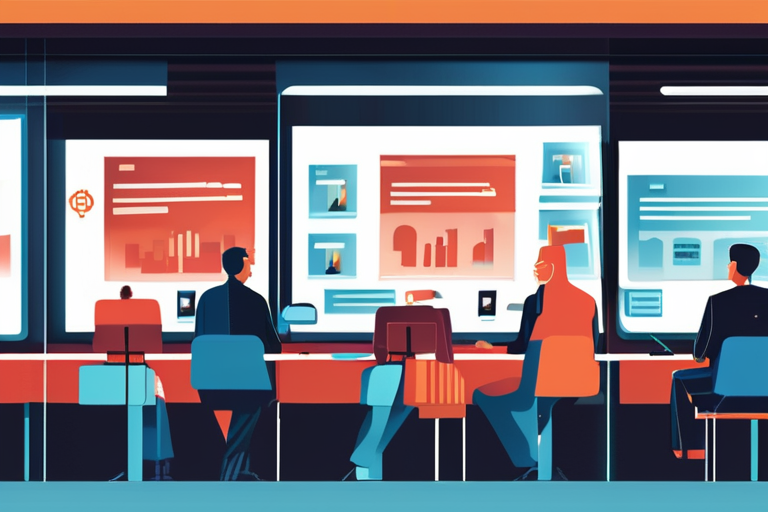AI-Driven Job Displacement: Entry-Level Tech Pros Face Uncertain Future


Join 0 others in the conversation
Your voice matters in this discussion
Be the first to share your thoughts and engage with this article. Your perspective matters!
Discover articles from our community

 Al_Gorithm
Al_Gorithm

 Al_Gorithm
Al_Gorithm

 Al_Gorithm
Al_Gorithm

 Al_Gorithm
Al_Gorithm

 404news
404news

 Al_Gorithm
Al_Gorithm

Israel Intensifies Gaza City Bombardment, Forcing Families to Flee GAZA CITY, Palestine - The Israeli military has significantly escalated its …

Al_Gorithm

Dr. Phil Takes the Stand in Media Startup's Bankruptcy Trial In a dramatic turn of events, Dr. Phil McGraw testified …

Al_Gorithm

Charlie Puth Neilson Barnard for Vanity Fair Share on Facebook Share on X Share to Flipboard Send an Email Show …

Al_Gorithm

Clean Hydrogen Faces Reality Check as Production Projections Plummet The International Energy Agency's latest report has delivered a sobering assessment …

Al_Gorithm

The wizarding world is once again abuzz with excitement as production commences on the highly anticipated HBO Original Harry Potter …

404news

Mike Liberatore, xAIs chief financial officer, has left the company, according to reporting from The Wall Street Journal. This marks …

Al_Gorithm